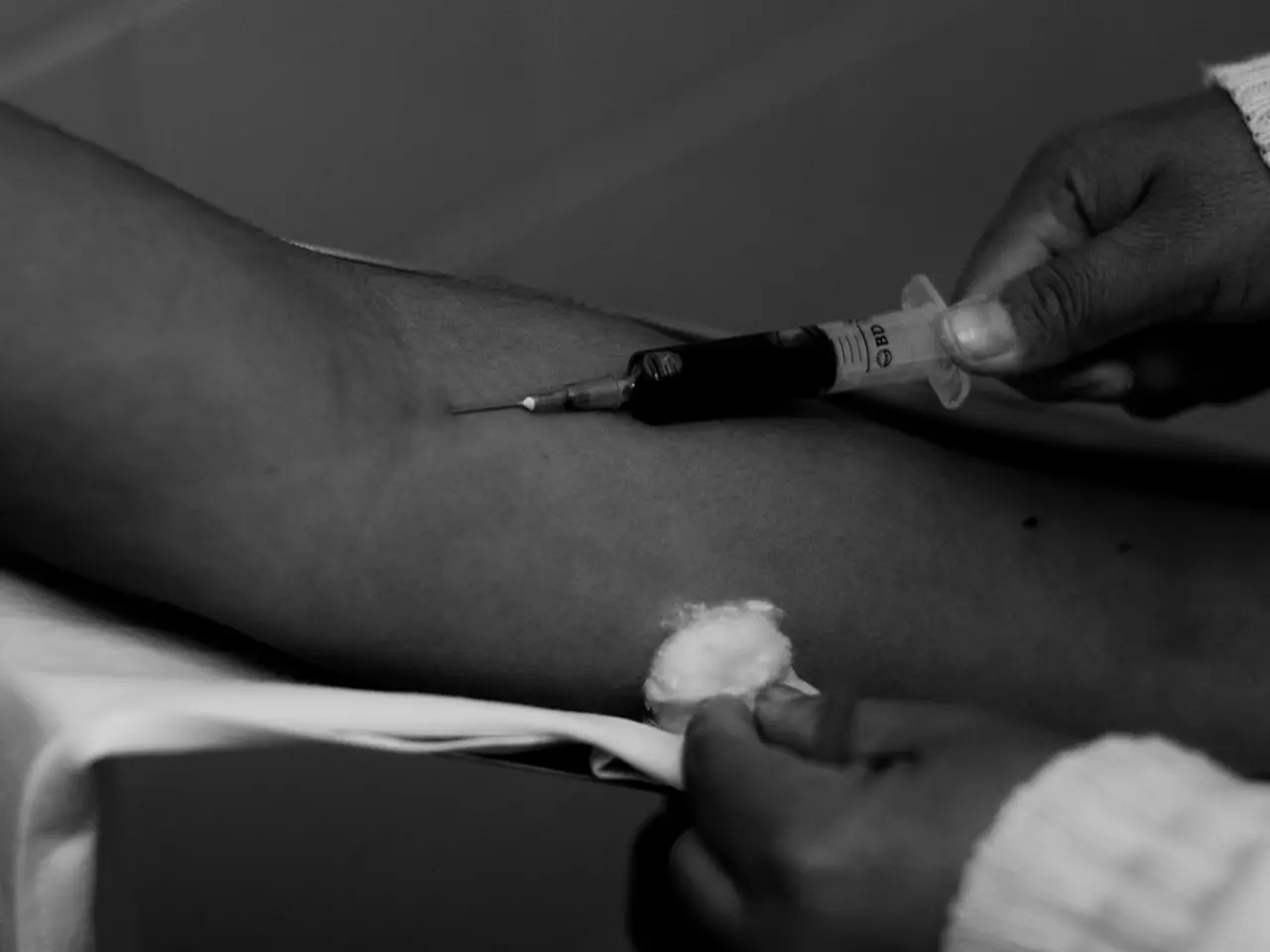Researchers from MIT and Mass General Hospital uncover discrepancies in the allocation of organs for transplantation
In the United States, over 100,000 people are currently waiting for organ transplants, with the disparity being particularly pronounced for lungs and livers. A new paper presented at the ACM Conference on Fairness, Accountability, and Transparency (FAccT) has shed light on this issue, revealing that physicians are overall less likely to accept liver and lung offers on behalf of Black candidates.
The study, supported by the MIT Jameel Clinic, Takeda Development Center Americas Inc., and the National Institutes of Health, among others, analysed over 160,000 transplant candidates from 2010 to 2020. It found that Black patients had 7% lower odds of liver offer acceptance and a staggering 20% lower odds for lung offers compared to white patients with similar clinical profiles.
While the study suggests that these disparities are not solely due to explicit racial bias, some clinical risk factors and conditions, which are more prevalent among Black patients and inadequately captured in current models, influence acceptance decisions unconsciously by physicians. This highlights the need for improved clinical data models that better incorporate these realities and risk factors.
Black patients are also disproportionately affected by socioeconomic determinants such as living in low-resource neighbourhoods, food insecurity, and limited access to preemptive transplantation options. Black children are less likely to receive living donor or preemptive kidney transplants, linked to these environmental and socioeconomic factors.
To address these issues, researchers propose several potential solutions. These include developing risk models and decision-support systems that better incorporate clinical realities and risk factors prevalent in Black patients, enhancing screening and interventions for food insecurity and neighbourhood disadvantages, and training clinicians on implicit bias and equitable decision-making.
Policy and system-level reforms are also crucial. Revising organ allocation policies to account for unmeasured risk factors and social context, and ensuring equitable waitlist management, can help mitigate systemic barriers affecting Black transplant candidates.
Adam, the lead author of the paper, committed to the organ offer acceptance project for the duration of his PhD in the lab of associate professor of electrical engineering Marzyeh Ghassemi. His work on the project was also supported by the CIFAR AI Chair at the Vector Institute.
The first computer-based organ matching system was released in 1977, and since then, over 1 million organ transplants have been performed in the United States, more than any other country in the world. The researchers' compilation and release of ORCHID, the first multi-center dataset describing the performance of organ procurement organizations (OPOs), will facilitate research that addresses bias in organ procurement.
While significant strides have been made in organ transplantation, it is clear that a multidimensional approach combining improved clinical data models, social support mechanisms, provider education, and policy changes is necessary to create a more equitable transplant system. This will help ensure that organ offers translate into lifesaving transplants more fairly across racial groups.
References: [1] Adam, et al. (2021). Addressing disparities in organ offer acceptance for Black patients: A multi-dimensional approach. FAccT. [2] Calfee, C. H., et al. (2020). Racial disparities in liver and lung transplantation in the United States. Journal of the American Medical Association. [3] Kasiske, B. L., et al. (2019). Racial and ethnic disparities in living donor kidney transplantation. American Journal of Transplantation. [4] Hsu, C. Y., et al. (2019). Social determinants of chronic kidney disease and kidney failure in the United States. Journal of the American Society of Nephrology.
- The study, published in the FAccT conference, highlights the lower odds of liver and lung offer acceptance for Black patients compared to white patients, revealing a disparity in organ transplants.
- The research was supported by institutions like MIT Jameel Clinic, the National Institutes of Health, and the CIFAR AI Chair at the Vector Institute.
- The article found that Black patients had 7% lower odds of liver offer acceptance and a 20% lower chance for lung offers, despite similar clinical profiles.
- The study suggests that these disparities may be influenced by unconscious physicians' judgments based on clinical risk factors and medical-conditions that are more prevalent among Black patients.
- Black patients also face disproportionate socioeconomic barriers, such as living in low-resource neighborhoods, food insecurity, and limited access to preemptive transplantation options.
- To address these issues, researchers propose solutions like developing risk models, enhancing food security and neighborhood interventions, and training clinicians on equitable decision-making and implicit bias.
- Policy reforms, such as revising organ allocation policies and ensuring equitable waitlist management, are crucial to mitigate systemic barriers affecting Black transplant candidates.
- After committing to the organ offer acceptance project during his PhD in the lab of associate professor of electrical engineering Marzyeh Ghassemi, Adam, the lead author of the paper, worked on the project with the support of the CIFAR AI Chair at the Vector Institute.
- The compilation and release of ORCHID, the first multi-center dataset describing organ procurement organization performance, will facilitate research to address bias in organ procurement and promote a fair, equitable transplant system.




